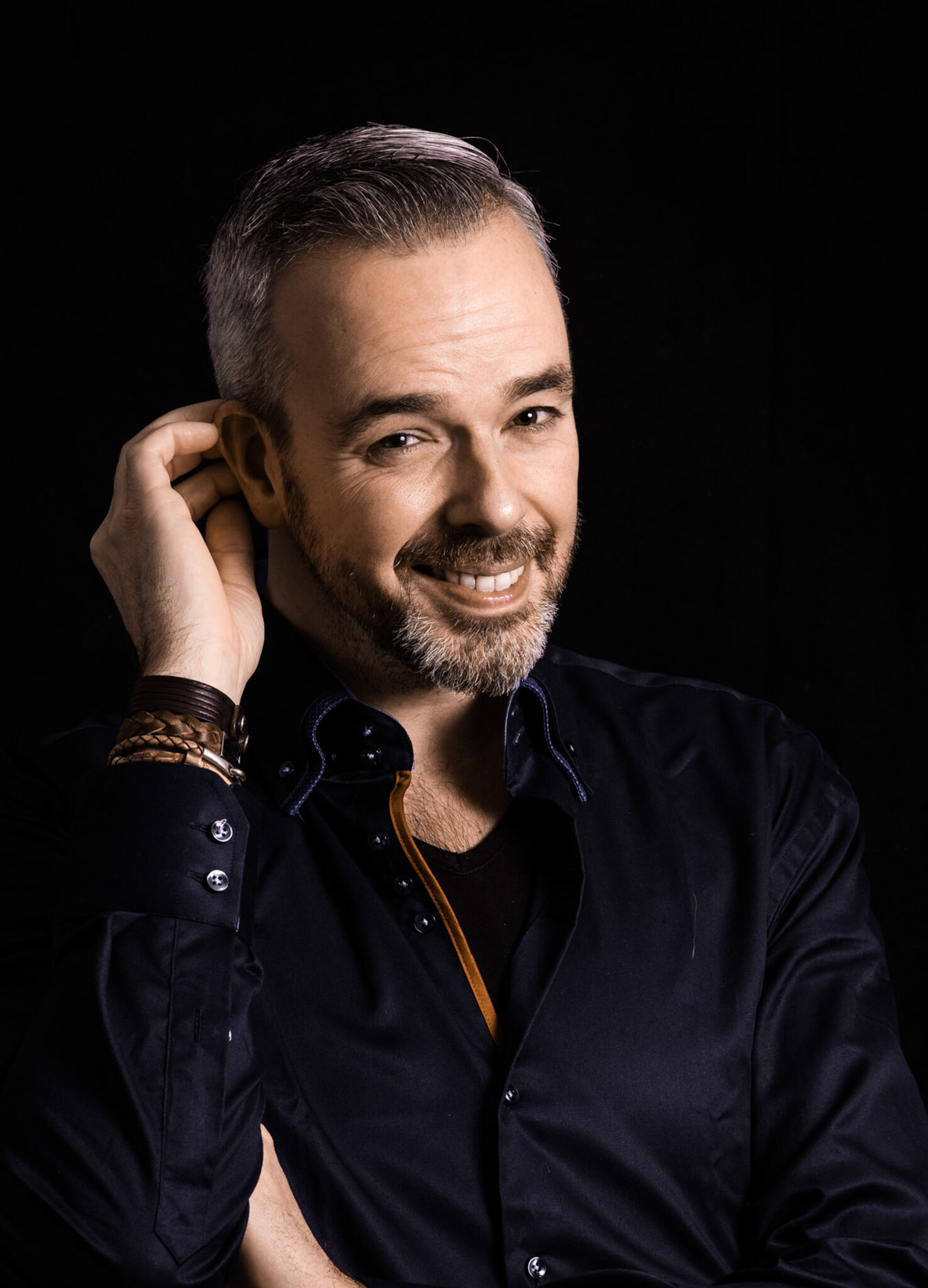By Rob Ahlers, University of Groningen
Pop music festivals are hot. And not surprisingly so: They speak to our collective imagination and offer shared experiences of musical celebration. As such, they have been an essential part of our cultural experience for quite some time. And continue to be. In fact, in the last decades the number of festivals increased dramatically and expanded into a diverse array of – often genre specific – music events.
In more recent years, and before the dramatic downturn of festivals under the influence of the COVID-19 pandemic, the music festival market has seen a considerable growth in the number of a specific type of festival: the showcase festival. Showcase festivals are music industry events which showcase (that is, "spotlight") promising musical talent and provide a platform for music industry networking. They typically present a combination of live music performances and a conference program (often emphasizing education, innovation and business) in order to function as a fulcrum of the music industry it aims to represent.
Each year in January, one of Europe's leading showcase events dominates the urban landscape of the Dutch city of Groningen: The European Music and Showcase Festival Eurosonic Noorderslag (ESNS). What once started out as a simple band competition in the mid 1980s has evolved into an international event that promotes the circulation of European repertoires. ESNS aims to provide a European answer to the long-standing dominance of the Anglo-American music industry. Reminiscent of the mantra "Reunifying Europe Through Culture," as the creators of the Edinburgh International Festival envisioned in 1947, ESNS too propagates a unifying message. A message to reach out to neighboring countries and find common ground, especially in a time when European unity is under pressure. Of course, what better way to connect than through the universal language of music?
In my PhD dissertation I examine how ESNS and its accompanying European narrative has evolved as a platform for the European music industry and how European identity is performatively constructed, challenged and reaffirmed throughout thirty-five years of sonic narration. It also juxtaposes ESNS with three other representative European showcase events, the Reeperbahn Festival (Hamburg, Germany), SPOT Festival (Aarhus, Denmark), and MENT (Ljubljana, Slovenia) to trace connections of European showcase festival networks.
The thesis argues, broadly speaking, that the European music industry functions as a fragmented collection of markets, rather than one unified industry. However, the cases I have discussed also communicate a sense of transnational communality and the realization that international collaborations can bring about opportunities that would otherwise remain obscured. As such, I suggest, they function as European hubs of transnational exchange.
For the 2021 online edition of the event, the ESNS organization chose to underscore the importance of these European connections by emphasizing its European outlook. 189 acts from 36 European countries performed on the digital platform. And approximately 4.000 delegates were part of the online conference, themed "The Road to Recovery" aiming to "regain confidence, facing the current crisis, and making a constructive contribution to a new future." The online format forced the event and its participants to be creative, demonstrate resilience, and provide useful alternatives. And it was considered relatively successful in doing so.
However, it is obvious that the pandemic has deprived the music festival industry from physical festival experience for much too long. The need for 'normality' has become pressing, especially among younger people. In addition, the Dutch event industry reports an income decline of 90% (2 billion EUR) and due to this downfall the Dutch festival industry has fallen back to the level it was at in 1985.
Currently, conflicting views about how society should deal with the pandemic remain the source of intense societal polarization. But, as the waiting and anticipation continues, we might find some consolidation in remembering one historic mantra. As the utopian message of the Edinburgh Festival still echoes, let's hope we can Reunify Europe Through Culture in the very near future.
Rob Ahlers
Rob Ahlers holds a PhD in Arts and Culture from the University of Groningen. His doctoral dissertation, entitled Showcasing European Music Festival Networks: The Case of Eurosonic Noorderslag was completed in 2021. He previously graduated as a drummer from the Prince Claus Conservatoire in Groningen (BA) and completed his MA in Arts, Culture and Media at the University of Groningen. His research interests include popular music festivals, live performance and music (as) culture.
The complete dissertation is accessible here.
Contact: robahlers@hotmail.com
LinkedIn profile: https://www.linkedin.com/in/rob-ahlers-51a3b7105/


